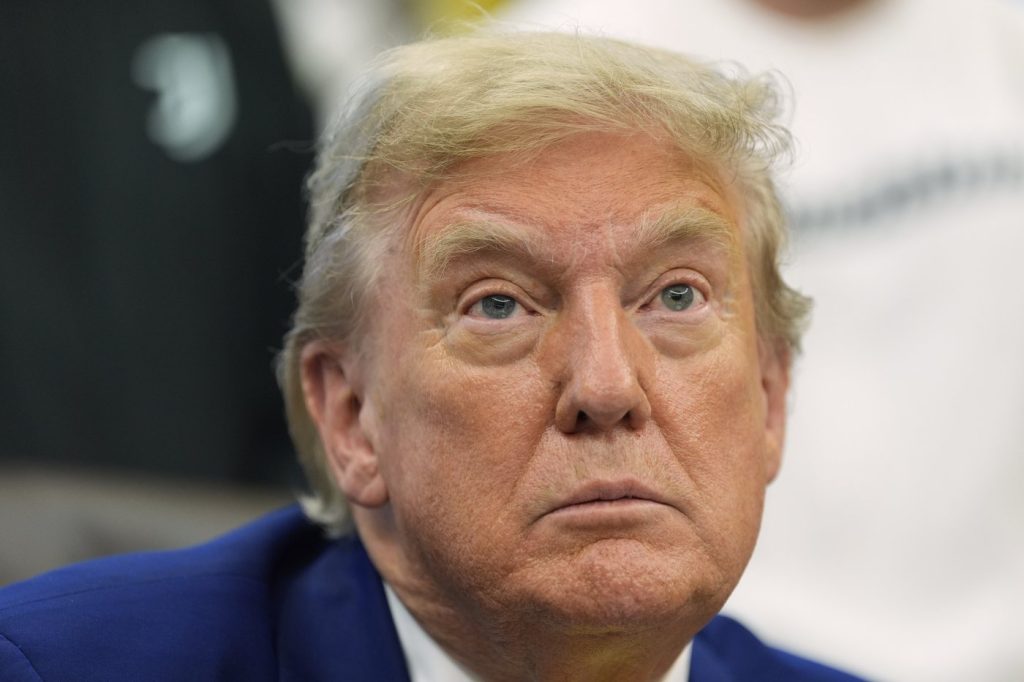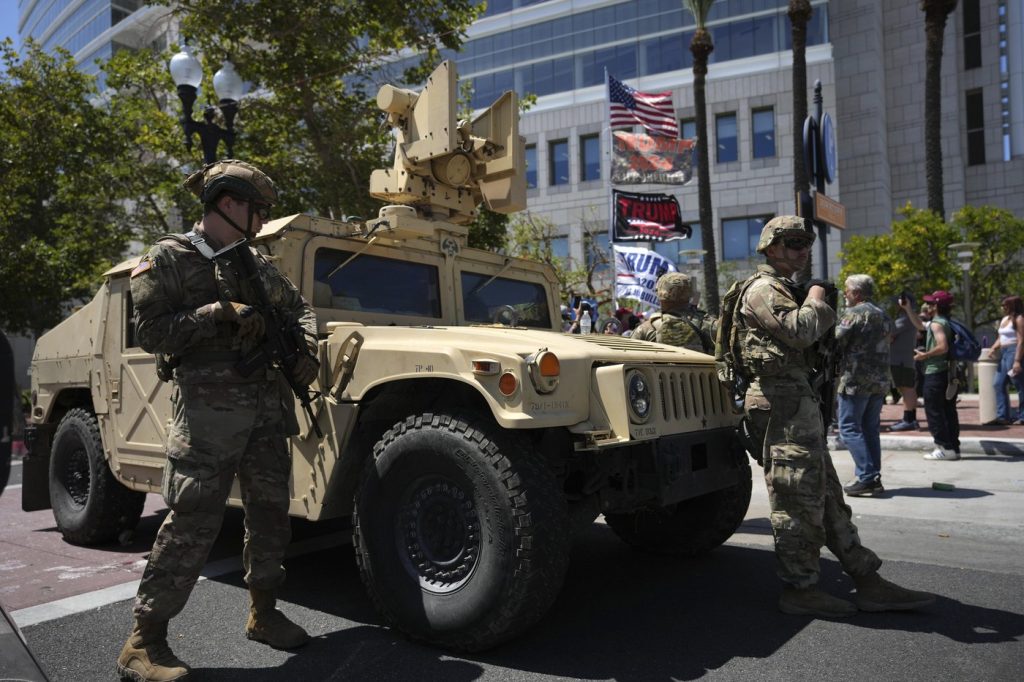On June 18, 2025, President Donald Trump conveyed his reluctance to engage in a U.S. military strike against Iran while reaffirming his readiness to take necessary actions to thwart Iran's nuclear ambitions. This statement came amid heightened tensions as Iran's leadership vowed significant retaliation against any U.S. military action targeting their nuclear facilities.
In the Oval Office, Trump underscored the challenging balance between his administration’s goal of preventing U.S. involvement in another war and the imperative of stopping Iran from acquiring nuclear weapons. “I’m not looking to fight,” he remarked, adding, “But if it’s a choice between fighting and having a nuclear weapon, you have to do what you have to do.” As diplomatic efforts continued, the U.S. embassy in Israel started evacuating personnel and their families amidst worsening regional tensions.
Ahead of fresh talks scheduled in Geneva between senior diplomats from Germany, France, the United Kingdom, and the European Union, Trump indicated that time was of the essence in convincing Iran to abandon its nuclear program. “I may do it, I may not do it,” he stated regarding the potential strike, highlighting that “nothing is finished until it is finished,” and suggesting that significant developments might occur within the week.
Trump dismissed Iranian Supreme Leader Ayatollah Ali Khamenei’s rebuttal to calls for unconditional surrender, stating simply, “I say good luck.” Khamenei had previously warned that U.S. strikes would lead to “irreparable damage” for the United States and reiterated Iran's unwillingness to capitulate to Trump's demands.
Defense Secretary Pete Hegseth informed lawmakers that the Pentagon was preparing various options for Trump as he weighed decisions regarding Iran. The president had earlier mentioned that the U.S. was aware of Khamenei's location but had no intention of taking lethal action against him “for now.”
As tensions escalated, Trump urged 9.5 million Iranian citizens to flee amidst his administration’s heightened rhetoric, which also included claims that Iranian officials were reaching out to Washington for negotiations. However, Iran’s UN mission publicly rejected these assertions, denouncing Trump’s claims as lies and emphasizing their unwavering stance against military threats.
In a twist, Trump noted that Russian President Vladimir Putin had offered to mediate the situation with Iran, though Trump suggested that Putin focus instead on resolving his conflict in Ukraine first. This reflects a noticeable change in tone from Trump, who had previously seemed open to Putin’s mediation offer.
Amid these developments, skepticism about further U.S. military involvement in the Middle East emerged from some of Trump’s MAGA supporters. Figures like Steve Bannon cautioned that American engagement in the region should be approached with extreme caution, given the profound historical and cultural implications. Some supporters, however, echoed Trump’s stance, emphasizing that there would be “zero possibility of American boots on the ground in Iran,” as articulated by Senator Ted Cruz.
Despite this internal debate, Trump expressed confidence in his support base, asserting that his followers are “more in love with me today” than ever before, counteracting concerns that any deepening military involvement could alienate them.












